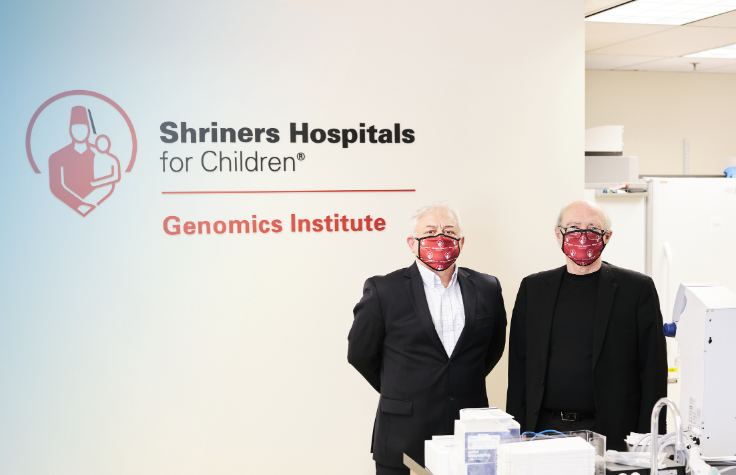Precision Genomics
Creating better outcomes for both individuals and healthcare providers with NGS
Using genomics-powered precision health to pinpoint underlying causes, optimize treatments, and create better outcomes

Genomic Advances in Precision Medicine
Genomics is advancing precision medicine and improving patient health and wellness. We are at a place now with NGS-based comprehensive genomic profiling where one biopsy, one test, and one report can lead to improved outcomes for cancer patients.
Doctors are using genomics to help identify the cause of undiagnosed rare diseases, helping families avoid years of hospital visits and unnecessary tests. Additionally, genomics is driving the field of pharmacogenomics, potentially leading to better outcomes for both individuals and healthcare providers through improved medication safety and efficacy and lowered medical costs.
Value of NGS in Precision Medicine
Genomics has many benefits in precision medicine. Next-generation sequencing (NGS) can sequence multiple genes at once, identify disease-associated variants to help match patients to therapies or assess disease risk, and help target therapies and reduce overall care costs.
Genomics-powered precision health with NGS also offers the highest likelihood of rare disease diagnosis 9,10. Genomics in precision medicine is becoming a mainstay in clinical labs so it’s no longer just a research tool, and the cost has dropped dramatically. It’s time to consider how NGS precision medicine can support your institution in providing better patient care.
Uses of Genomics & NGS in Precision Medicine

The Genetics of Cardiovascular Disease - from Leonardo to Precision Diagnostics
An overview of how we arrived at precision medicine for cardiovascular disease and where we are today with precision genomics-based therapeutics.

Whole-Genome Sequencing Comes of Age in Clinical Care
Improvements in DNA sequencing accuracy and throughput and genome interpretation software have made whole-genome sequencing an increasingly viable approach for precision diagnosis in clinical care.

Transform Broad Respiratory Pathogen Detection with the Power of Precision Metagenomics
Clinical and public health microbiology laboratories are increasingly adopting metagenomics into their existing laboratory workflows for infectious disease detection.

Shriners Hospitals Launches Ambitious NGS Initiative
This iconic U.S.-based health care system will advance research and personalized medicine from Mexico City to Montreal and beyond.
Related Content
Oncology
We’re committed to advancing and individualizing the way cancer will be identified and treated. We want to partner with you in helping propel progress in personalized oncology.
Pharmacogenomics
The field of pharmacogenomics can lead to better outcomes for both individuals and healthcare providers through improved medication safety and efficacy and lowered medical costs.
Cardiovascular Genomics
Sudden cardiac arrest is a leading cause of non-traumatic fatality in the US. Genetics can help identify people at risk for familial hypercholesterolemia and early cardiovascular disease.